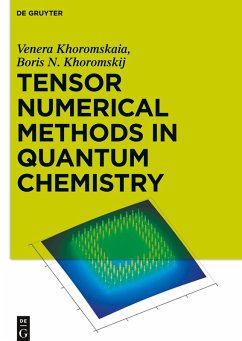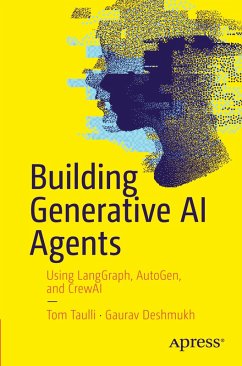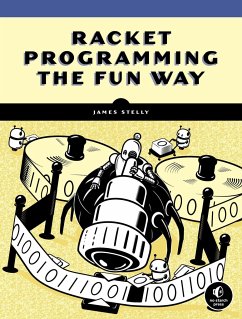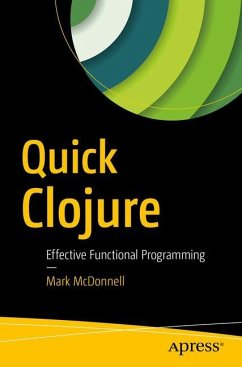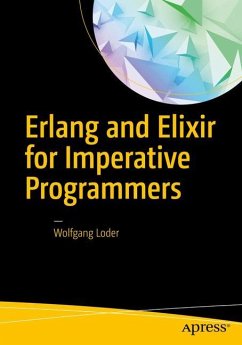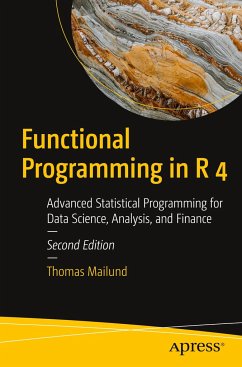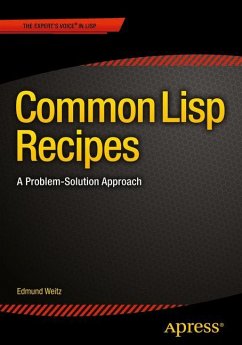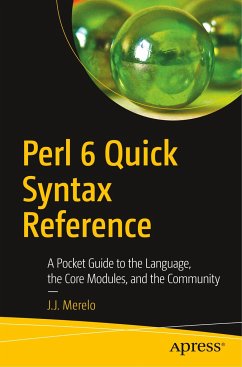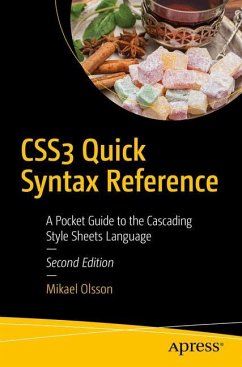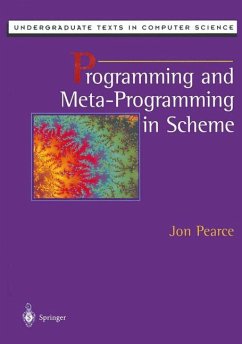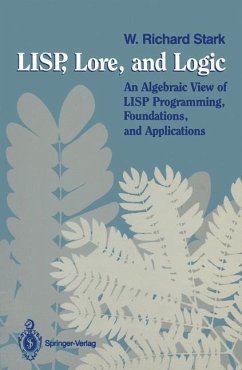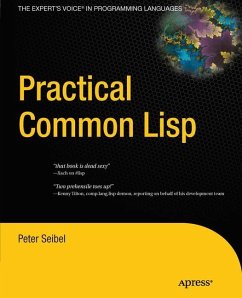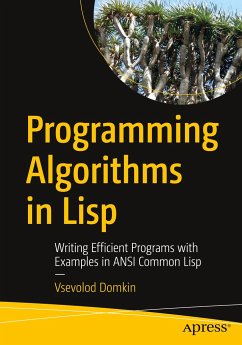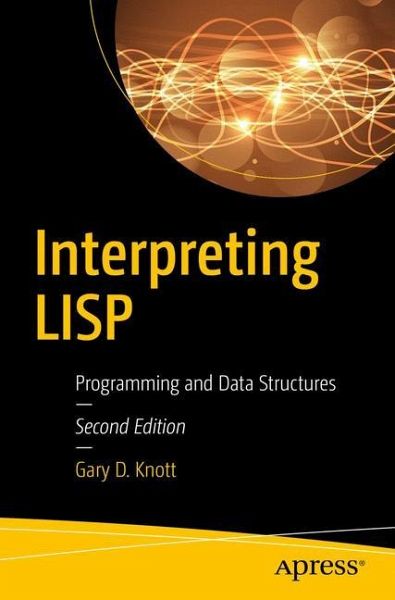
Interpreting LISP
Programming and Data Structures

PAYBACK Punkte
14 °P sammeln!
Learn Lisp programming in a data structures context, including tables, functions, forms, expressions, typed-pointers, I/O, garbage collection and some applications. This short primer contains a careful description of the data structures manipulated by Lisp functions. These data structures and others, notably hash tables, are also used in constructing a Lisp interpreter. Interpreting Lisp will be of special interest to those learning and using programming languages and computer architecture as well as data structures. This book will be useful to autodidacts, professional programmers, and compu...
Learn Lisp programming in a data structures context, including tables, functions, forms, expressions, typed-pointers, I/O, garbage collection and some applications. This short primer contains a careful description of the data structures manipulated by Lisp functions. These data structures and others, notably hash tables, are also used in constructing a Lisp interpreter.
Interpreting Lisp will be of special interest to those learning and using programming languages and computer architecture as well as data structures. This book will be useful to autodidacts, professional programmers, and computer enthusiasts in a wide variety of fields.
What You'll Learn
Use the atom table and the number table in Lisp
Master expressions, typed pointers, arguments and results in typed pointers, and more
Write lambda expressions in Lisp
Bind actual values to formal arguments
Develop games in Lisp
Who This Book Is For
Experienced programmers new to Lisp.
Interpreting Lisp will be of special interest to those learning and using programming languages and computer architecture as well as data structures. This book will be useful to autodidacts, professional programmers, and computer enthusiasts in a wide variety of fields.
What You'll Learn
Use the atom table and the number table in Lisp
Master expressions, typed pointers, arguments and results in typed pointers, and more
Write lambda expressions in Lisp
Bind actual values to formal arguments
Develop games in Lisp
Who This Book Is For
Experienced programmers new to Lisp.






